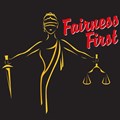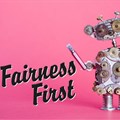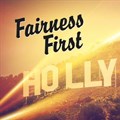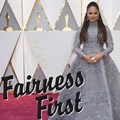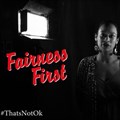#FairnessFirst: Beyond tokenism, how more diversity in film = more money at the box office
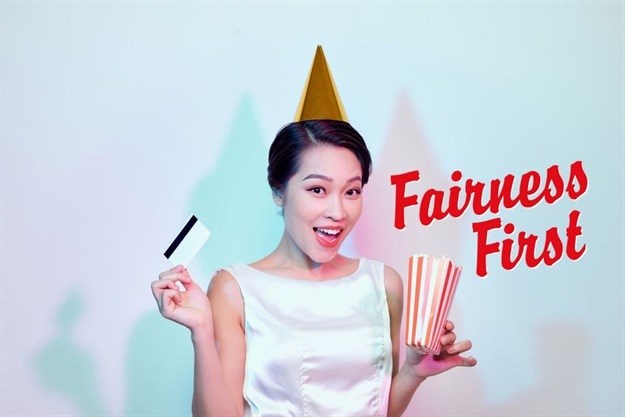
Reporting back from United Talent Agency’s Diversity Showrunner Panel in Hollywood last week, Deadline wrote:
As the word “diversity” becomes more of a buzz word and less of an action-oriented initiative in Hollywood, their stories seemed like something out of an HR training video on what not to do around people of colour, women, and other minorities.Tanya Saracho, who won a GLAAD Media Award for her groundbreaking intersectional Starz series Vida, pointed out to attendees that the term ‘diverse’ should be used sparingly, and told agents in the room at the panel that the term “diverse writer” isn’t a thing.All came to a head when they shared their stories of being a ‘diverse hire’ in a writers’ room — which is essentially filling a checkbox and a form of tokenism. This goes back to why the term ‘diverse’ starts to lose meaning and should be interchanged with inclusive, representative and authentic.
Beware the tokenism of diversity, rather aim for inclusion
Similar to the well-meaning stereotypes that keep popping up in advertising, beware of meeting the ‘diversity tickbox’ if that doesn’t tap into inclusion.
“You can have a diverse room, a diverse duo, but not a diverse writer… I know it appears to be a good shorthand — but it doesn’t mean anything,” said Saracho.
Instead, the panel proposed writing programmes that promote inclusion rather than diversity as a necessary first step.
It’s not the first time we’ve heard of ‘diversity fatigue’.
Putting its own money where its mouth is, UTA itself has just named current director of corporate communications Shanique Bonelli-Moore to the post of Executive Director of Inclusion, a new full-time position.
Over-and-above leading the company’s commitments in regards to hiring, retention and promotion, she will work with clients to champion powerful and representative storytelling.
It’s an important move, because when we think ‘diversity in film’, race representation often pops to mind first.
But true diversity would also represent the many other differences between people. That includes gender, political affiliations, religions and sexual orientations.
More diversity, more firsts, more money
It makes more business sense to do so than just being politically correct, though. With ticket sales for the last year having smashed previous records, CNBC confirms that more diversity in film actually leads to more money.
Just take the likes of Black Panther and Crazy Rich Asians proving that films with a large minority cast can be successful globally.
First, let’s touch on the financial success of Wakanda winner Black Panther.
Director Ryan Coogler is reportedly just the second black director to direct a film that has crossed the billion-dollar mark, and Black Panther now holds the title for highest-grossing film by a black director, at $1.34bn at the global box office.
Then, based on the worldwide bestseller by Kevin Kwan, the Jon Chu-directed Crazy Rich Asians has been dubbed as the “first all-Asian ensemble in a contemporary Hollywood film in 25 years,” and is also the highest-grossing romantic comedy from a major Hollywood studio in a decade and the sixth-highest-grossing romantic comedy of all time, bringing in $238.5m at the worldwide box office.
According to CNBC, Chu said at CinemaCon's "State of the Industry" panel:
It has changed culture forever... Showing how Asians from all around the world are not the same and, yet, we are also the same. Constance Wu on the cover of Time, Awkwafina hosting [Saturday Night Live], Henry Golding as GQ's 'Man of the Year,' Michelle [Yoh] getting her own Star Trek spinoff... I'm still processing everything that's happening.Proof that the film industry becoming more representative and inclusive of society is better for business in the long run.
Read more










